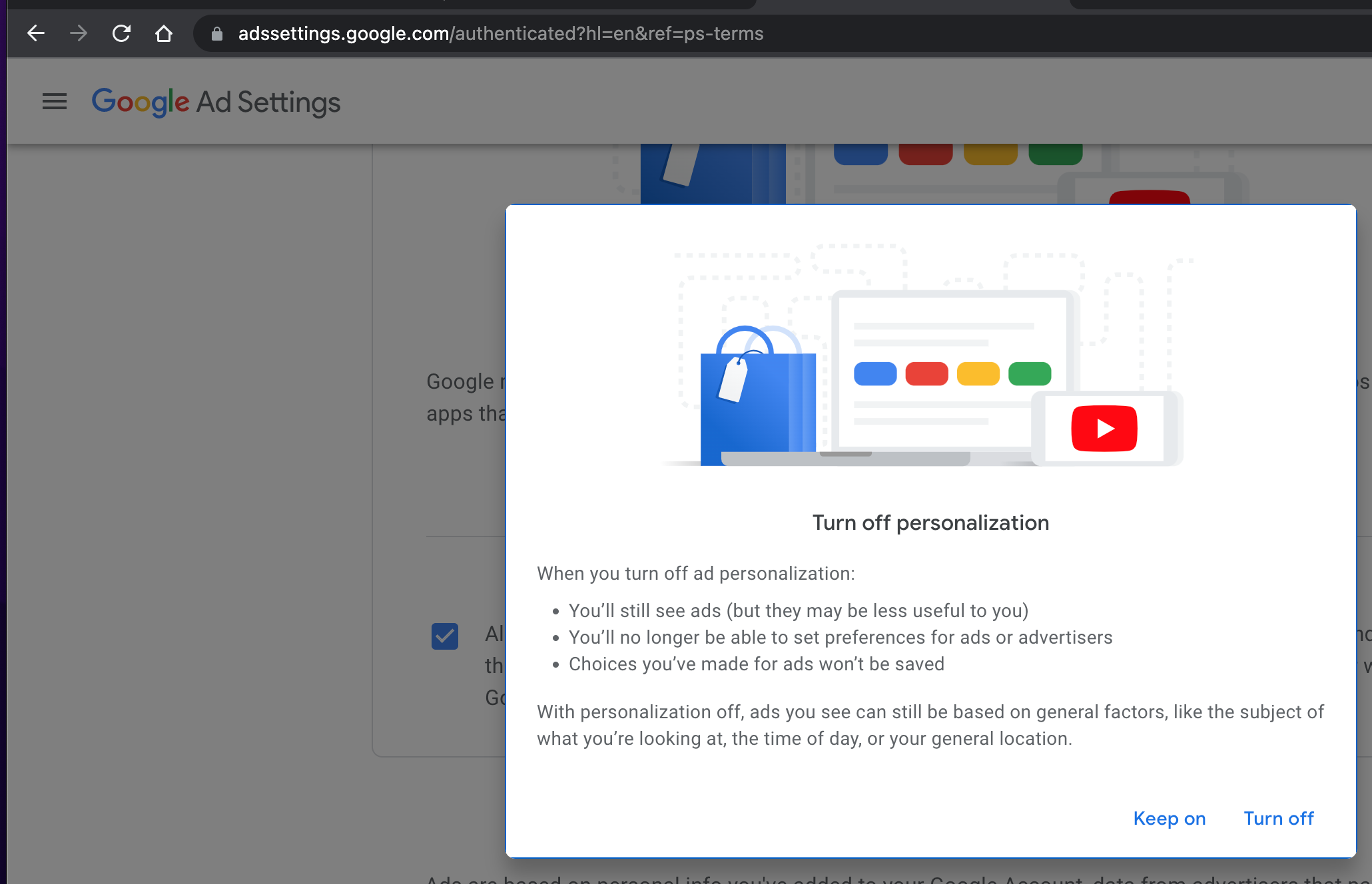By Keven Goh
Introduction
Millions of people around the globe rely on the Internet for work, communication, research, and entertainment. However, along with the development of technology comes the inevitable rat race for profits. Companies have flooded the Internet with advertising. Advertising isn’t inherently bad; websites require an income to sustain themselves. However, when websites and advertising networks resort to unfair practices that annoy, harass, trick, or take advantage of consumers, they create ad pollution. This blog examines nine ways that ad pollution ruins your browsing experience.
1: Ad Pollution interrupts your browsing
Have you ever been peacefully browsing a website, just for a massive ad to pop up out of nowhere, blocking your entire screen? How about videos that are bisected by unskippable ads, making you forget what you just watched? Ad polluters seem to believe that by interrupting you, they’ll make more money.
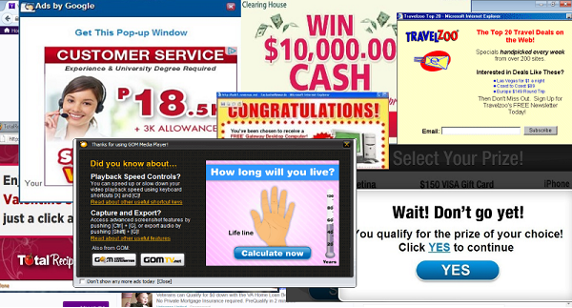
2: Ad pollution disguises itself as content
Another trick ad polluters use is disguising themselves as a normal part of whatever website you’re looking at. One example is how native ads are designed to look like news articles. Another example is in search. If you’ve ever used a search engine, you’ve probably noticed that many of the returned items are ads, formatted and placed to look like actual search results. Consumers mistakenly click on these native ads and fake search results billions of times every day.
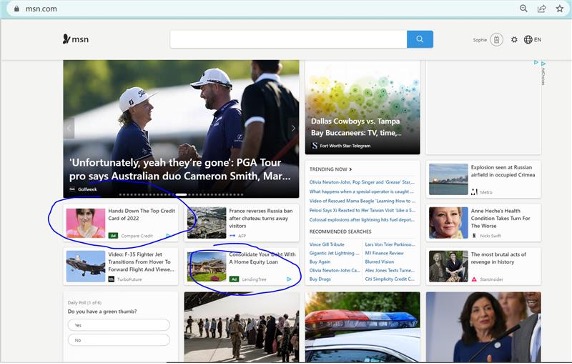
3: Ad Pollution distracts and annoys
It’s part of an ad’s job to try to get your attention, but ad polluters make the attention-grabbing way too excessive. We’ve all seen those ads that flood your computer with irritating notification sounds, or use flashy, bothersome videos as they attempt to get your attention.

4: Ad Pollution chases you
Sometimes ad pollution launches into a new browser window or tab without your consent. They try to act like this is part of your browser’s normal function. Maybe you’ve closed your browser, just to discover that some ad polluter secretly opened a separate window linking to their site. Often these ads keep opening other browser windows as soon as you close them.

5: Ad Pollution overwhelms you
Ad polluters may embed so many ads throughout a news article or blog that it’s impossible to pay attention to what you’re trying to read. While this may earn them more money, it makes it difficult to get what you wanted out of that site to begin with.

6: Ad Pollution tricks you into clicking
Have you ever tried to click “play” on a video, only for an ad to pop up below your cursor right before hitting the play button? Some ad polluters are even more direct, throwing pop-up ads at you even after content consumption begins, or forcing you to watch an ad for a set amount of time before getting to the content itself.
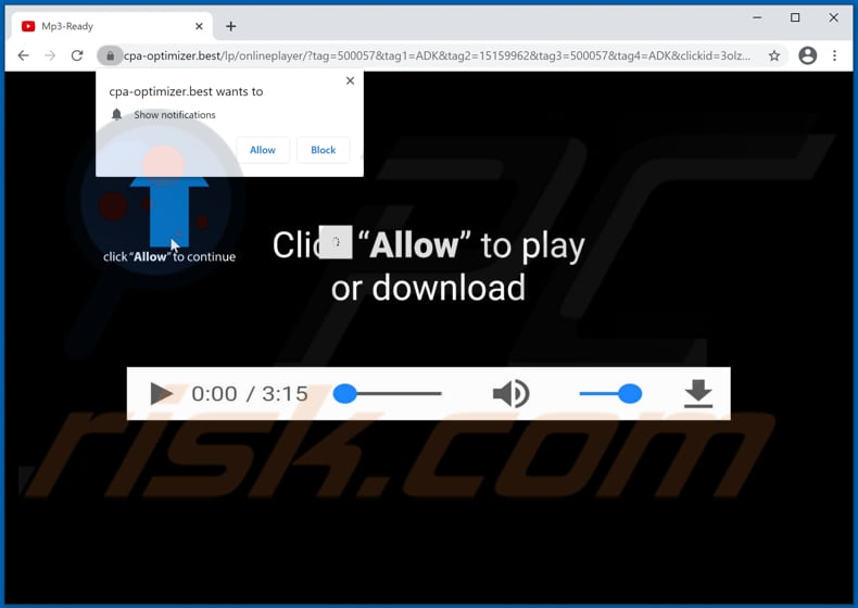
7: Ad Pollution disguises itself as website functions
How many times have you clicked on what you thought was a download button, only to discover that it was an ad that redirected you to a different website? What about play buttons or even exit buttons that are disguised as ads? This kind of ad pollution is especially annoying because they don’t even bother telling you what they’re advertising; they just trick you into clicking.
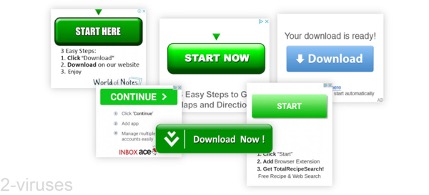
8: Ad Pollution targets you without permission
We’ve all been through it—we search for something, then get bombarded by ads based on that search across every other website we visit. Targeted ads make more money, and ad polluters turn on targeting by default, without your explicit consent. Maybe you clicked to allow cookies, but the supposed “consent” to use your own information to target you was buried deep inside a privacy policy.
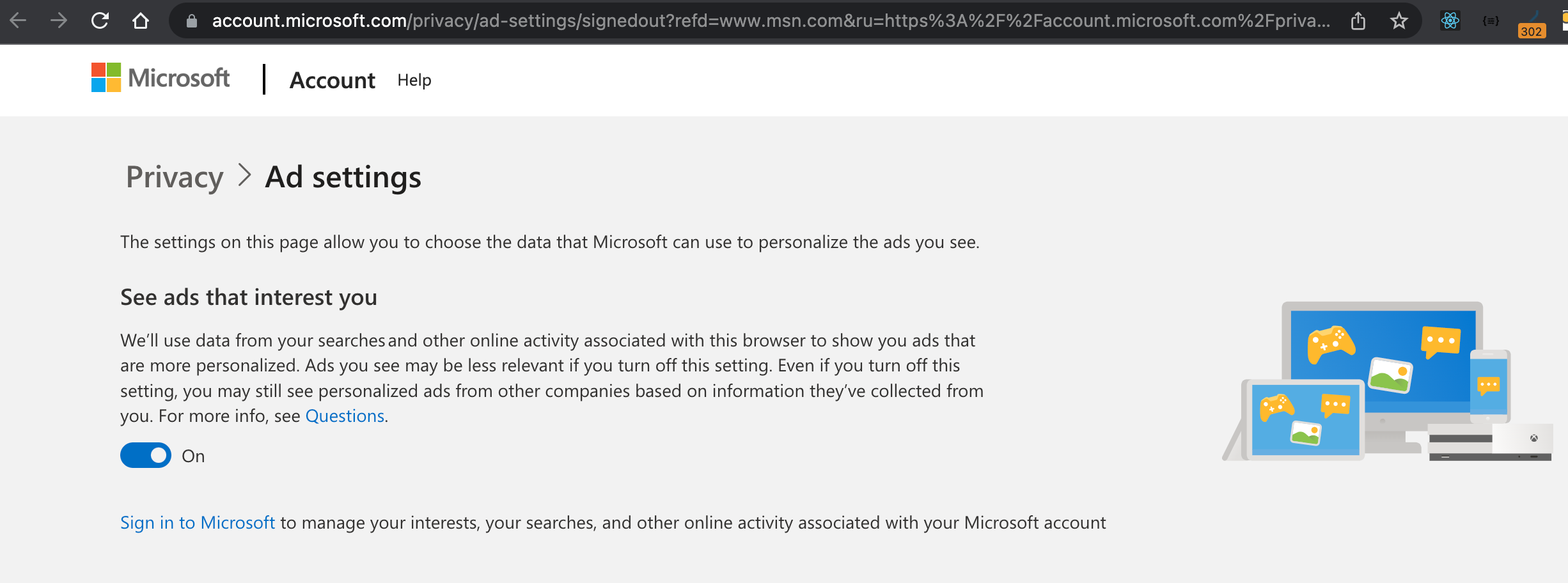
9: Ad Pollution resists when you try to turn it off
Ad pollution doesn’t make it easy to disable. Turning off ad personalization might require sifting through pages of convoluted menus to find the right option. It may require you to enable other forms of personalization or data tracking, like third party cookies. And since many ads on websites are auctioned to the highest bidder, disabling one network’s ad personalization can still result in you being targeted by other ad networks. Furthermore, when you try to disable ad personalization, you may be threatened that you’ll just end up seeing more ads.
